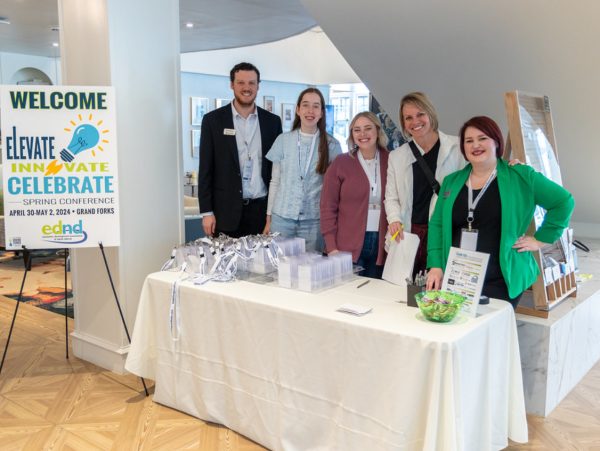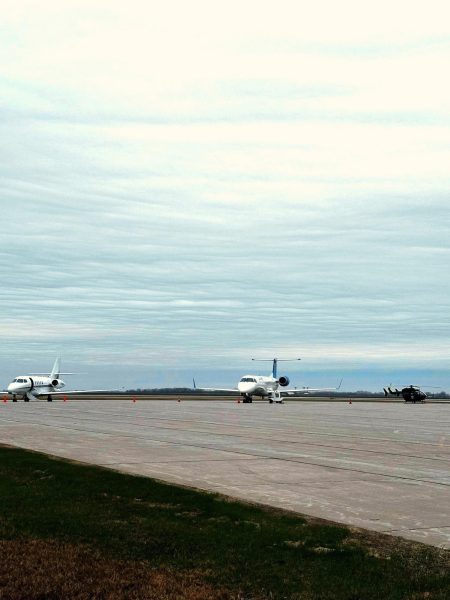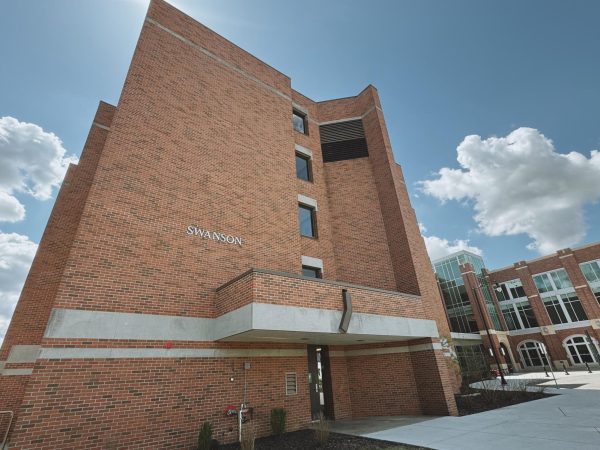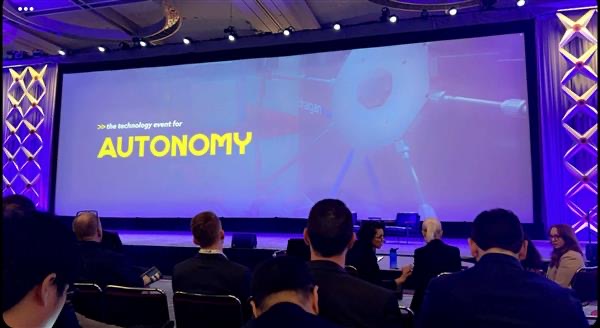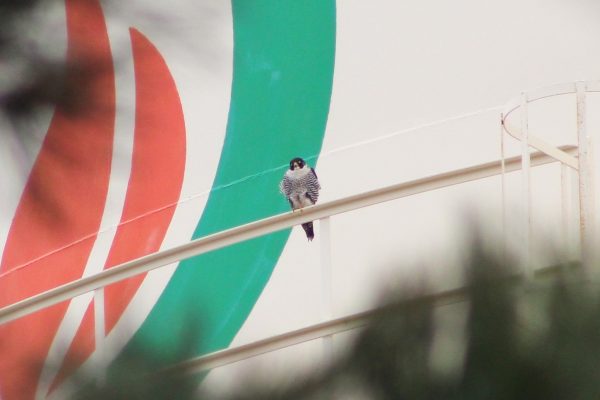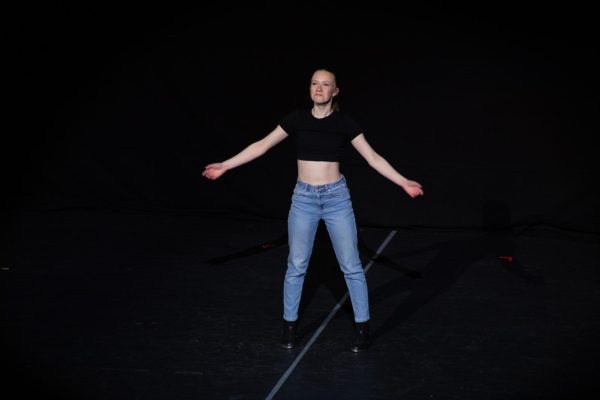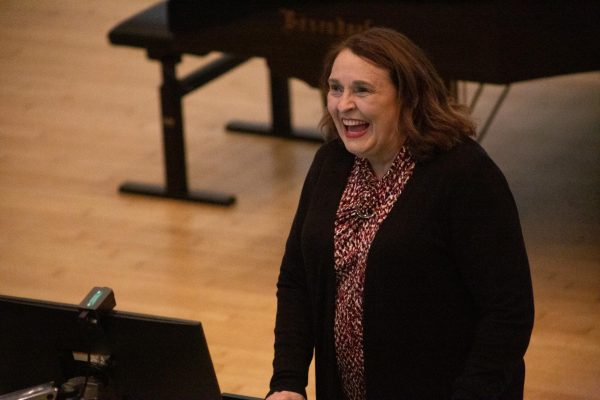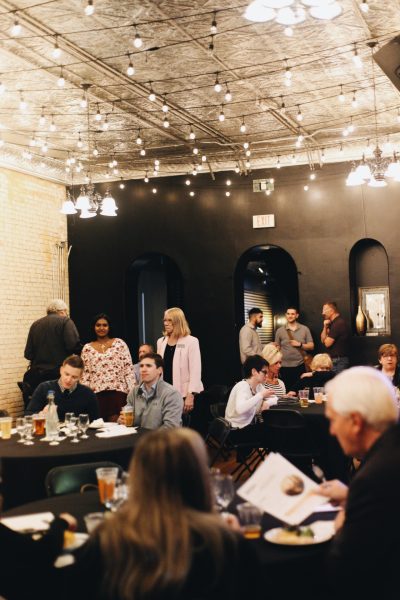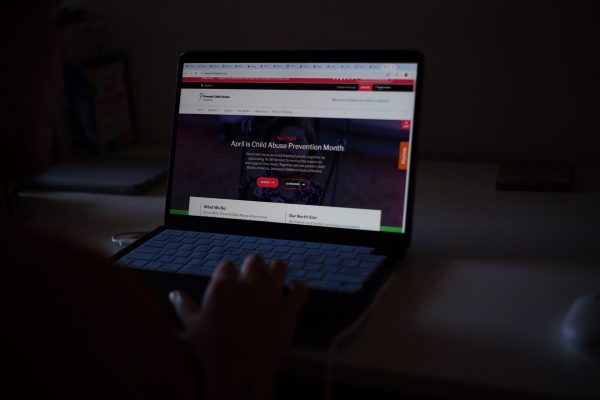UND Webinar “War in Ukraine: Past, Present, & Future” Recap.
March 21, 2022
On Thursday, March 10, the University of North Dakota hosted an open virtual webinar about the ongoing conflict in Ukraine that began on February 24th. The webinar featured five faculty members who have had extensive firsthand experience in Ukraine of elsewhere in eastern Europe, specialize in international relations, or both. The webinar had around four hundred attendees.
The moderator for the event was David Flynn, professor of Economics and Finance and research director, Institute for Policy & Business Analytics. The five faculty members who participated were:
- Vasyl Tkach, professor of Biology and a native of Ukraine
- Cristina Oancea, associate professor of Population Health, UND School of Medicine & Health Sciences; chair, UND University Senate; and a native of Romania
- Brian Urlacher, department chair and professor of Political Science and Public Administration; specialist in international relations, in particular conflict resolution and cooperation
- Paul Sum, professor of Political Science and Public Administration; specialist in post-communist Europe, as well as human rights
- Alejandro Drago, associate professor of Music, graduate of the Moscow State Conservatory, and a frequent traveler to and performer in Russia, Ukraine, Romania, and other former Soviet-bloc countries
The webinar began with a history of Ukraine and Russia’s relationship. This information was given by Vasyl Tkach. Ukraine has a long history of striving for independence, however, have had numerous threats over time by Russia. Tkach stated that Ukraine could never truly be a threat to Russia due to the mere size of the two countries, Ukraine being significantly smaller in area and population. However, this did not stop Ukraine’s desire for independence. An example of their desired occurred during World War I; battles for independence continued for years, however proved unsuccessful. Another example is Holodomor or the terror famine. This occurred following World War I (1932-1933), when a peacetime man-made famine occurred in Soviet Ukraine under the Stalin regime. This caused 7-10 million deaths and was later recognized as genocide. Ukraine finally gained independence in 1991 after decades of struggling. Tkach explained that these two examples represent why Ukrainians do not want back in Russia as “Putin is determined to complete the job left unfinished by Stalin.”
Tkach then went to explain more on the current conflict in Ukraine. During the webinar, it was shared that sixty-three hospitals had been destroyed, two million Ukrainians fled abroad (with many more displaced within the country itself), and men 18-60 were required to stay and defend Ukraine. No areas within Ukraine are safe, including civilian targets and Russian speaking parts of the country. Data on the conflict is changing every day, so information shared in the webinar may have further progressed. Members of the panel encourage individuals to stay informed on what is currently occurring so that a clearer understanding of the conflict can be obtained.
Tkach and Oancea also started foreshadowing what or who will be next. Other countries are becoming concerned that they could be the next country invaded, including Finland, Sweden, Moldova, and Romania (which is currently taking many Ukrainian refugees). However, there are other things that could affect day-to-day life worldwide. Although many are concerned about the rising gas prices, there is a concern for food shortages this year due to this conflict. Due to many being displaced or within the armed services, farmers will not be able to get out on time to plant their fields. Ukraine is the fifth largest exporter of grains in the world, so with no crops, millions will go hungry. This will likely cause an increase in prices, Tkach explained.
Oancea explained more on the limitations of freedoms of speech that she has experienced being from Romania, as well as what she knows people have experienced. Some of the examples she gave were limiting TV time to 2 hours a day (with programing revolving around communism), internet/media limitations, police listening to what people were talking about (being taken if something against communism was stated), etc. Oancea also reiterated that the Russian leaders are not the same as the Russian people, and that because some of these limitations, individuals do not always understand what is really happening.
The idea that Russia was destroying Russian-speaking portions of Ukraine was also an area addressed within the webinar. Drago expanded on the differences between nationality, ethnicity, and citizenship. Although this area is Russian-speaking, they are not regarded as being a part of the “Russian-people.” The three components of nationality, ethnicity, and citizenship are separate. These perceptions are ingrained in all aspects of reality for the Russian people.
Sum had several points that he wanted to share about the current conflict. One point was that destabilizing actions by Russia is not a unique event. Situations of this nature have been happening for years. Another point was that these destabilization efforts have created a humanitarian crisis. A previously stated crisis is the amount of internally displaced individuals who do not have the means to leave Ukraine and individuals who are leaving the country. Another current issue includes extremely limited healthcare access to address basic human needs (few clinics continuing in the west of Ukraine). This has had the United Nations hard at work. Companies are also getting involved within the larger international context (humanitarian regime). These companies are trying to address these problems in any means that they can; this is not just happening in Ukraine. Sum finished his points thinking about moving towards the future. HE stated that he is hopeful that justice will be served through different international justice systems, war crime documentation, etc.
The whole conflict has been difficult for many to process, with people being made to process things in “real time” Erlocker stated. Many US citizens have never had to think about something escalating like this conflict between Russia and Ukraine. However, Erlocker stated that there are several things that makes this situation different than previous conflicts including domain and space (sharing of international space stations, satellites, etc.), cyber warfare, autonomous systems (ex. drones that attack and not knowing where the flyer is), and civilian nuclear reactors that have been attacked/seized. These components add an additional layer of complexities to this conflict which have not been experienced before.
The end of the webinar was reserved for questions from attendees. Although there were many different questions, one related specifically to the University of North Dakota community in Grand Forks. “How can UND best support Ukraine now and in the future? How can we help our students understand and not look the other way?” The respondent stated that this is a societal problem; that even the most tragic events do not stay in the headlines for long and require focus for change to occur. The ways that UND can support Ukraine does not require a monetary contribution (although it could), but it also could just be raising and sustaining awareness of what is currently happen. As the conflict carries on, panel members encourage individuals to stay informed on what is happening so that sustainable changes can be made. It is important for those who are in power to understand your thoughts and feelings so that larger, more governmental changes can occur.
To listen to the entirety of the webinar and hear all the questions, it has been posted to UND’s YouTube page here.
Dominique Menard is a Dakota Student News Editor. She can be reached at [email protected].



